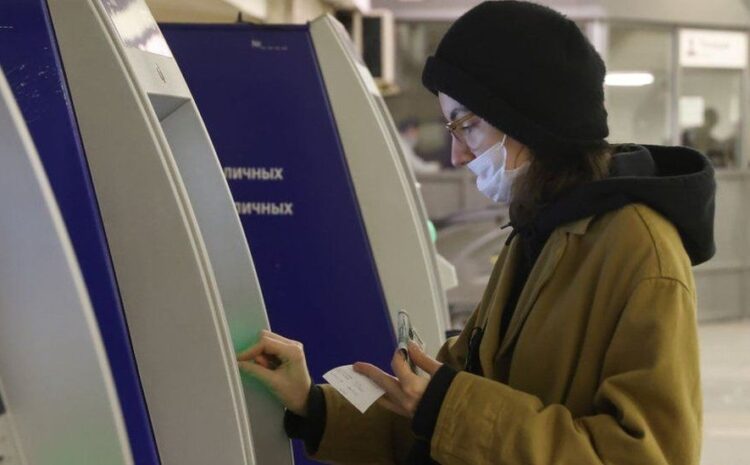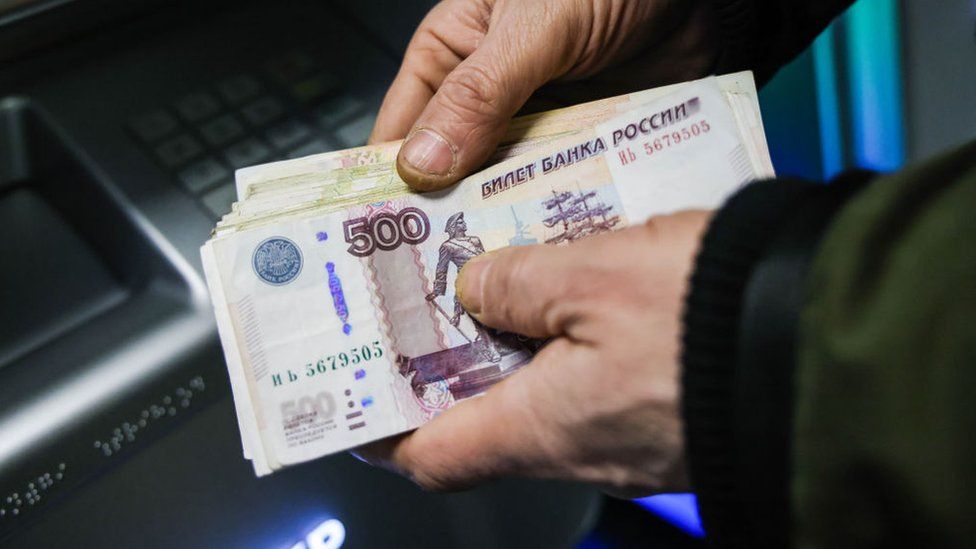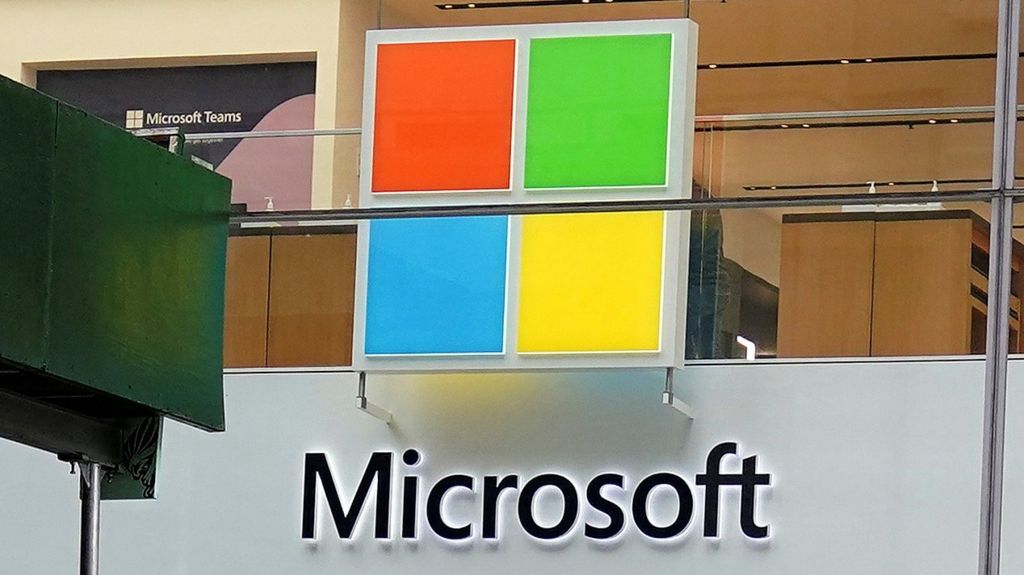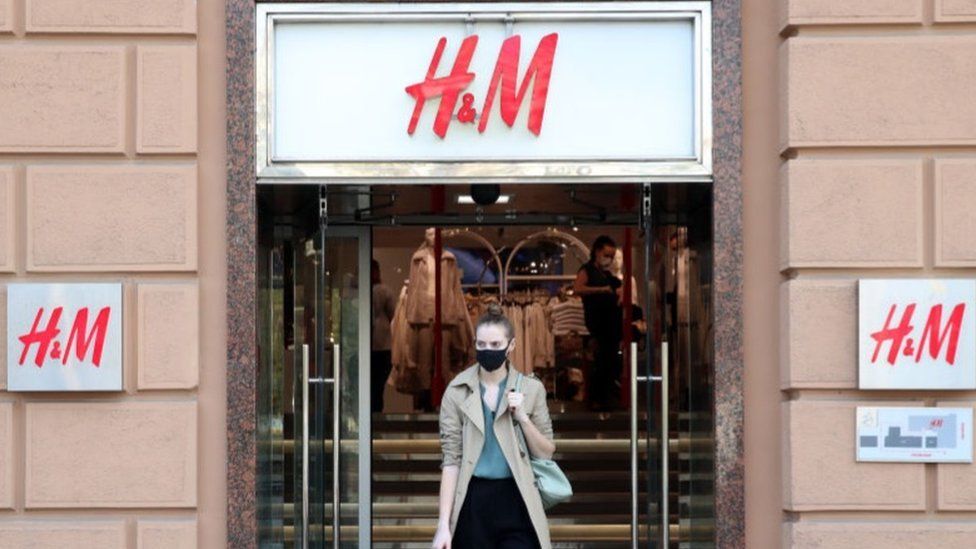
GETTY IMAGES
But Russia’s major banks, including state-backed Sberbank, have already downplayed the impact the move will have on consumers.
Shoppers will still be able to use Mastercard and Visa-branded cards for purchases within Russia until they reach their expiry dates.
But cards issued abroad will no longer work at businesses or ATMs in Russia.
Clients will no longer be able to use their Russian Visa or Mastercard-linked cards abroad or for international payments online either.
Together, the two companies control about 90% of credit and debit payments in the world, outside of China.
Russia’s central bank insisted, however, that all Visa and Mastercard bank cards issued by Russian banks would continue to operate normally on Russian territory.
Russia’s biggest state-backed bank, Sberbank, said similar, adding the cards would work “to withdraw cash, make transfers using the card number, and for payment at offline as well as at online Russian stores”.
Cards will continue to work on Russian territory, the bank said, because all payments in Russia are made through a national system and don’t depend on foreign systems.
Several Russian banks suggested that they would start issuing cards that use the Chinese UnionPay system, coupled with Russia’s Mir payment network, to avoid any impact for consumers.
 IMAGE SOURCE, GETTY IMAGES
IMAGE SOURCE, GETTY IMAGESBoth Visa and Mastercard had already announced that they would comply with sanctions introduced by Western countries since the start of the conflict.
In a statement, Mastercard also described the ongoing invasion of Ukraine as “shocking and devastating”.
“Noting the unprecedented nature of the current conflict and the uncertain economic environment”, Mastercard said it had “decided to suspend our network services in Russia” on Saturday.
“Our colleagues, our customers and our partners have been affected in ways that most of us could not imagine,” it said.
The card company has operated in Russia for more than 25 years. It confirmed that it would continue to pay the wages of its 200 staff members there.
Visa added: “We regret the impact this will have on our valued colleagues, and on the clients, partners, merchants and cardholders we serve in Russia.”
US President Joe Biden “welcomed the decision” during a phone call with Ukrainian leader, Volodymyr Zelensky, according to a White House readout.
‘Adding to financial turmoil’
Susannah Streeter, senior markets analyst at Hargreaves Lansdown, pointed out that the move came after the disconnection of Russian banks from the Swift international payments system and a dramatic plunge in the rouble.
“Bank customers in Russia may be able to keep using the cards until they expire, but the boycott means Russians abroad will see their payments rejected, with the shutting out of some big spenders also likely to hurt a raft of businesses reliant on their custom,” she said.
She added that China’s UnionPay is likely to be the alternative “system of choice” for Russian banks as it’s already accepted around the world, although not as widely as Visa and Mastercard.
“But it will take significant time to re-issue millions of cards, and will add to the financial turmoil in the country.”
The payments giants’ announcement comes amid a widening corporate backlash to Russia’s actions in Ukraine.
Inditex-owner Zara and French fashion houses LVMH, Kering and Chanel have all said in recent days that they would stop sales temporarily in Russia.
PayPal also said on Saturday that it had shut down services in Russia but that it would support withdrawals “for a period of time”.
This would ensure that account balances were dispersed “in line with applicable laws and regulations”, it said.
The Ukrainian government had been calling on PayPal to quit Russia and help its officials with fundraising.
-
Microsoft stops selling products in Russia
2 days ago
-
Growing numbers of firms pull back from Russia
6 minutes ago
